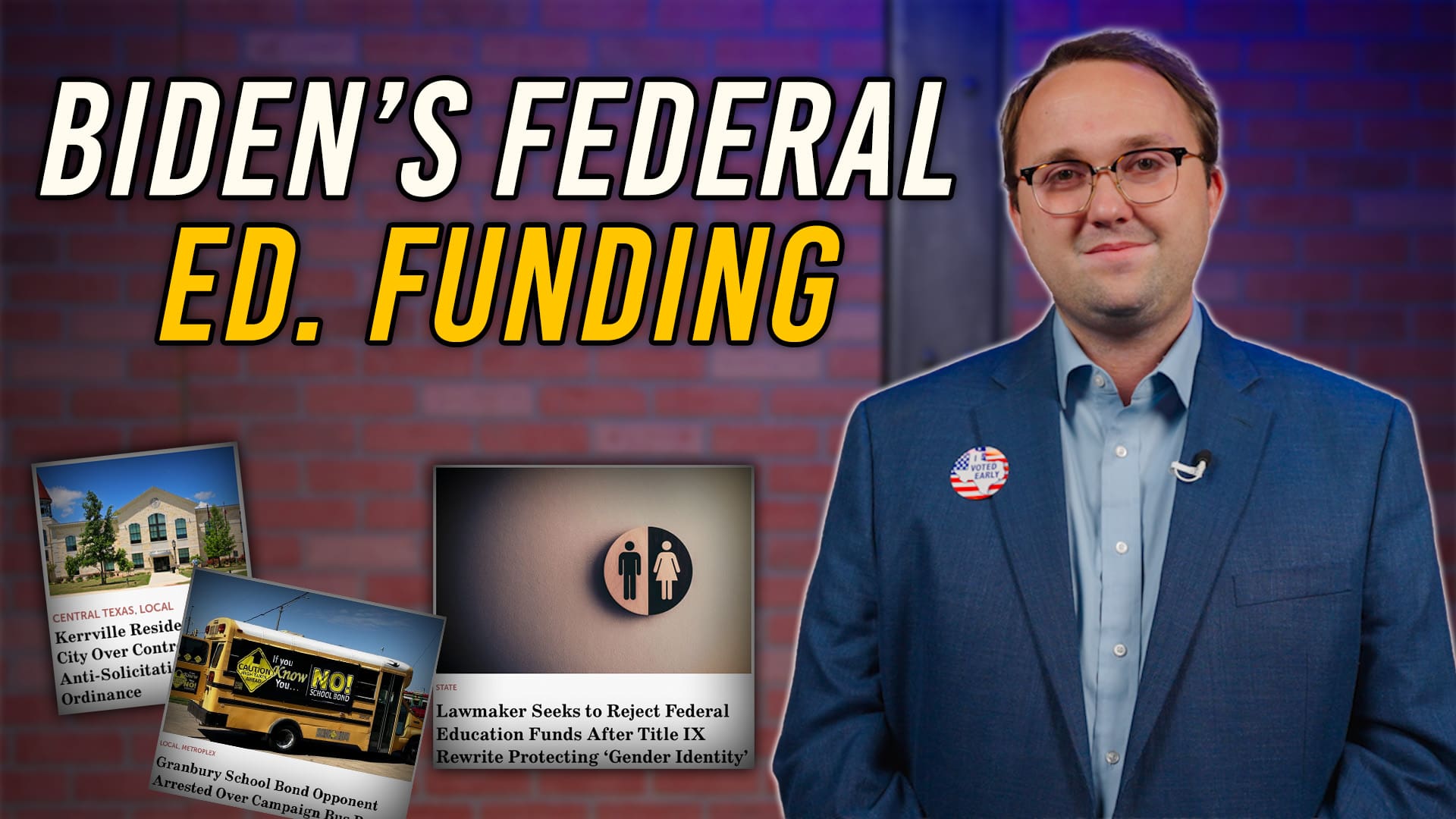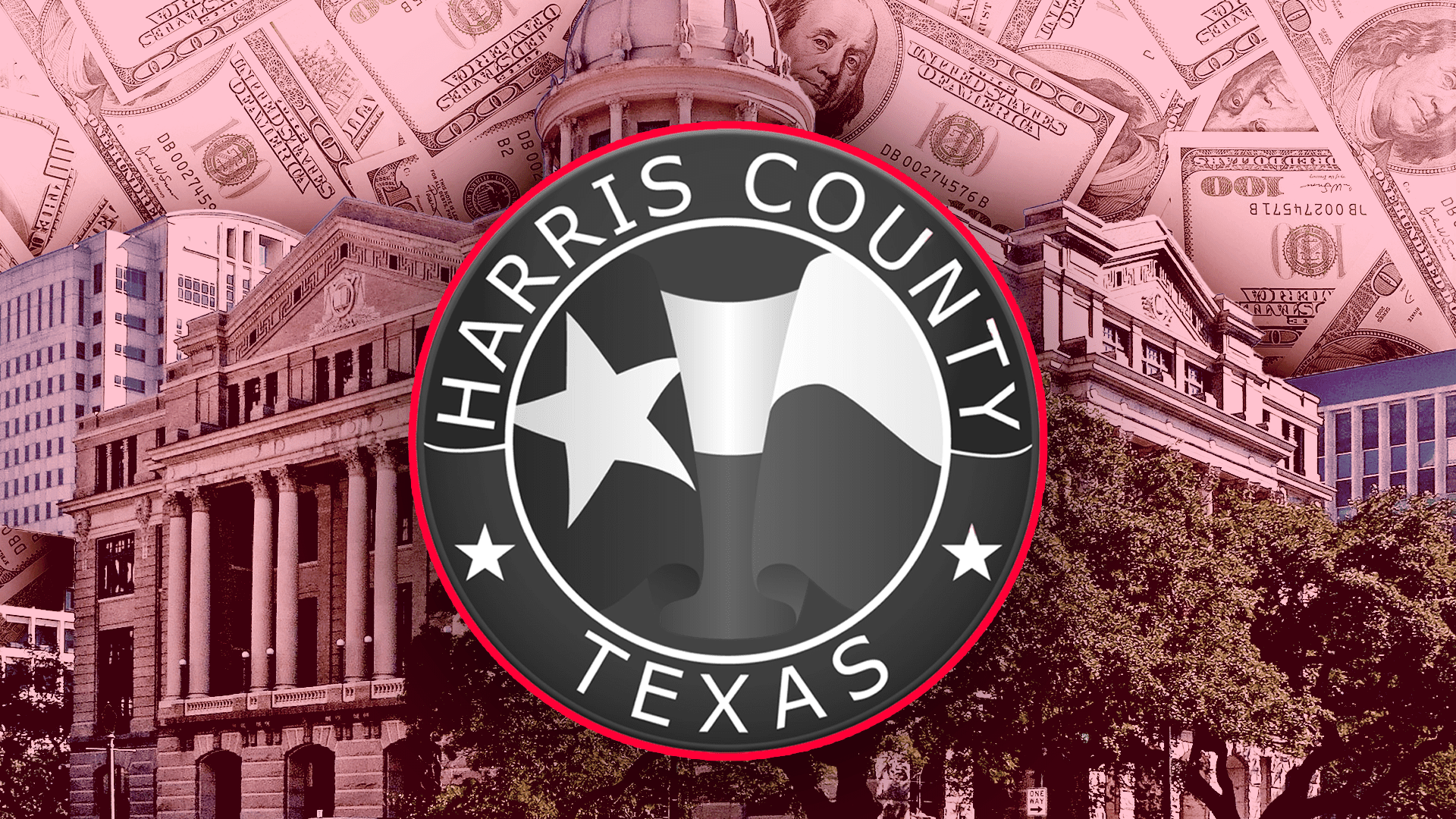The alarming lack of transparency of Texas’ special purpose districts is not a new issue to those who have been paying attention. But the fact that the liberal-leaning, nationally syndicated John Oliver Show managed to pick up on the issue enough to devote an entire segment to the absurdity of these quasi-autonomous local ghost governments reaffirms the need for significant reform.
Created to provide a dedicated revenue stream for things such as emergency services, water and utilities, special districts have thrived from the lack of oversight from state and local government. While some of these districts operate with transparency, others take full advantage of state government’s inability to monitor the numerous entities.
An FBI criminal probe is underway in Harris County for Emergency Service District 11 (ESD #11), which oversees Cypress Creek EMS (CCEMS). This comes after CCEMS ignored a criminal subpoena from the Harris County DA. In the past, CCEMS has filed three lawsuits against the Texas Attorney General to prevent them from being forced to publicize records of where tax dollars are being spent.
Financial records of the ESD came into question when a group named “Friends of Cypress Creek EMS” popped up. Although the group was not registered as a political action committee it provided political funding to a number of ESD 11 commissioners. Unsurprisingly, Cypress Creek EMS has an exclusive contract with ESD 11. After public information requests were filed, the district’s commissioners refused to turn over financial information regarding CCEMS and refused to compel CCEMS to turn over their own financial information.
The abuse by these districts is widespread.
Roughly $1.1 billion in bonds has been approved by a limited number of voters in Harris, Fort Bend, and Montgomery Counties as reported by the Houston Press. These voters temporarily move into an area, with the assistance of developers, where they will be the deciding factor on millions in bonds. Less than a year ago, two Montgomery County residents moved a trailer onto an uninhabited tract of land known as Municipal Utility District No. 148 and approved $500 million in bonds. Along with the approval of bonds they voted for five uncontested board members whose addresses happen to be the Coats Rose law firm in Houston.
Trying to obtain a clear financial picture of 2,600 Special Districts in Texas is a daunting task. Many do not have websites, and the ones that do don’t post updated financial information. Reaching out to the Comptroller’s office doesn’t provide much relief because, “there is no one centralized, comprehensive authority for special purpose district financial information in Texas.”
Considering the number of individual districts and their poor reporting standards, it is understandable that the Comptroller doesn’t have the bandwidth to centralize this information. But that doesn’t mean the districts should be allowed to avoid accountability.
Accountability shouldn’t stop at the city or school district level. Legislation to increase reporting, election, and ethical standards is imperative to keeping these taxing entities in check. When government officials blatantly disregard criminal subpoenas and special interests “rent” voters to approve bonds and well-connected board members, reform is desperately needed.




